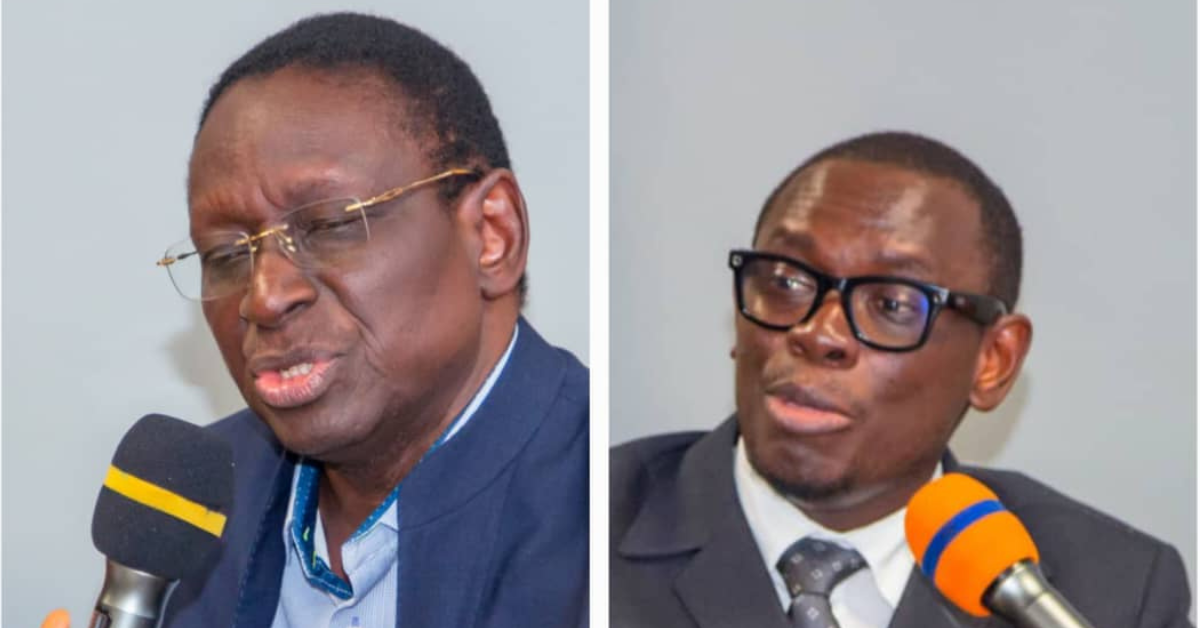At the weekly Ministry of Information and Civic Education press briefing on November 5, key officials outlined sweeping reforms in Sierra Leone’s public service sector, aimed at enhancing efficiency, fairness, and alignment with national development goals.
Held at the Ministry of Energy conference hall on Siaka Stevens Street, the briefing featured statements from Chairman of the Public Service Commission (PSC), Mr. Kalilu O. Bah, and Director of the Public Service Reform Unit (PSRU), Mr. Sulaiman Phoray-Musa.
Chairman Bah underscored the public sector’s critical role as the backbone of national development, highlighting a long-standing wage disparity issue that has undermined public service delivery. To address this, Bah announced the establishment of a new Wages and Compensation Commission (WCC), which will work to standardize salaries across public service roles, bringing fairness and equity to pay scales.
A key legislative development, the country’s first Public Service Act, is currently in drafting stages, according to Bah. The Act is set to modernize and formalize the PSC’s mandate, which includes oversight of human resources for public sector roles at grade 7 and above. This marks a significant step forward, as the PSC has operated without formal legislative backing since its inception.
In his address, Bah clarified the distinction between the Civil Service and the broader Public Service, explaining that while the Civil Service comprises professionals tasked with implementing government programs, the Public Service includes a wider range of public entities and parastatals. The PSC, he noted, regulates human resource management across these bodies, with responsibilities that include recruitment, supervision, and termination when necessary.
Director Phoray-Musa provided a historical overview of recent reform efforts, including initiatives like the Teaching Service Commission (TSC), the Pay Performance Project (PPP), and the Financial Management Act (FMA). He explained that although these programs had individually achieved progress, they remained fragmented and lacked cohesive impact.
To unify reform efforts, President Julius Maada Bio established the Ministry of Public Administration and Political Affairs in 2023. This ministry now coordinates public service reform, guided by a comprehensive Master Plan developed jointly by the PSRU and PSC. The Master Plan incorporates feedback from stakeholders and aims to strengthen service delivery, streamline policies, and standardize employment processes across sectors.
One central element of this strategic overhaul is the transformation of the Civil Service College into a Public Service Academy, aimed at bolstering professional training and development across public service roles.
“The Master Plan for service delivery is a collaborative effort, signifying a unified approach to reforming the public service architecture,” said Phoray-Musa.
These coordinated reforms, led by the PSRU and PSC, are expected to reshape Sierra Leone’s public service, paving the way for a more efficient, equitable, and development-oriented sector.











